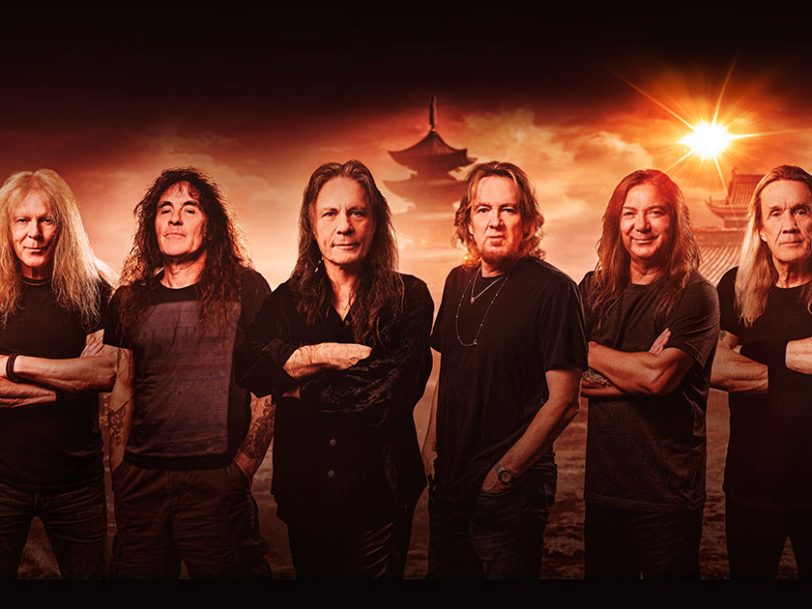If ever there was a band capable of surviving fad, fashion and just about everything short of full-scale nuclear war, then that band is surely Iron Maiden. Though Maiden’s influential legacy as heavy-metal titans has been secure ever since they released their stellar third album, The Number Of The Beast, in 1982, the group somehow just get bigger and better with age. The critics immediately bracketed their 2021 album, Senjutsu, among the band’s most essential releases – and its dynamic music shows that Iron Maiden still had their sights set on ever higher creative peaks as the 21st century progressed.
Listen to ‘Senjutsu’ here.
“I’m more interested in looking forward than looking back”
“This deep into our career, we know how to work together and read one another,” frontman Bruce Dickinson said, reflecting on his band’s longevity in a 2021 Classic Rock interview.
“When Steve [Harris, bassist and Iron Maiden founder] and I sit down to work on the vocals and melody lines, he’ll have the arrangements nailed down very precisely, and he’ll often have, in his mind, a very specific place for every syllable of the lyrics worked out. As a singer, my job is to look for the spaces where I can put in the performance. If you visualise his writing as being like a city skyline, with blocks of skyscrapers, I’m rolling and diving, undulating around that grid, finding my own path.”
Forty-five years into their singular career, Iron Maiden’s modus operandi – and their apparent invincibility – is set in stone. Yet, in the six years since they released their previous album, 2015’s The Book Of Souls, there were some anxious times where the band felt they might just be facing down their own mortality.
During this period, Dickinson was diagnosed with cancer of the tongue, and while he made a full recovery, the state of his health cast doubt on whether the band could still withstand their rigorous touring schedule. Thankfully, however, when Maiden embarked on the first leg of their hugely successful, career-spanning The Legacy Of The Beast Tour in 2018, Dickinson smashed it out of the park. In fact, the whole band played so well, they began looking to the future again.




